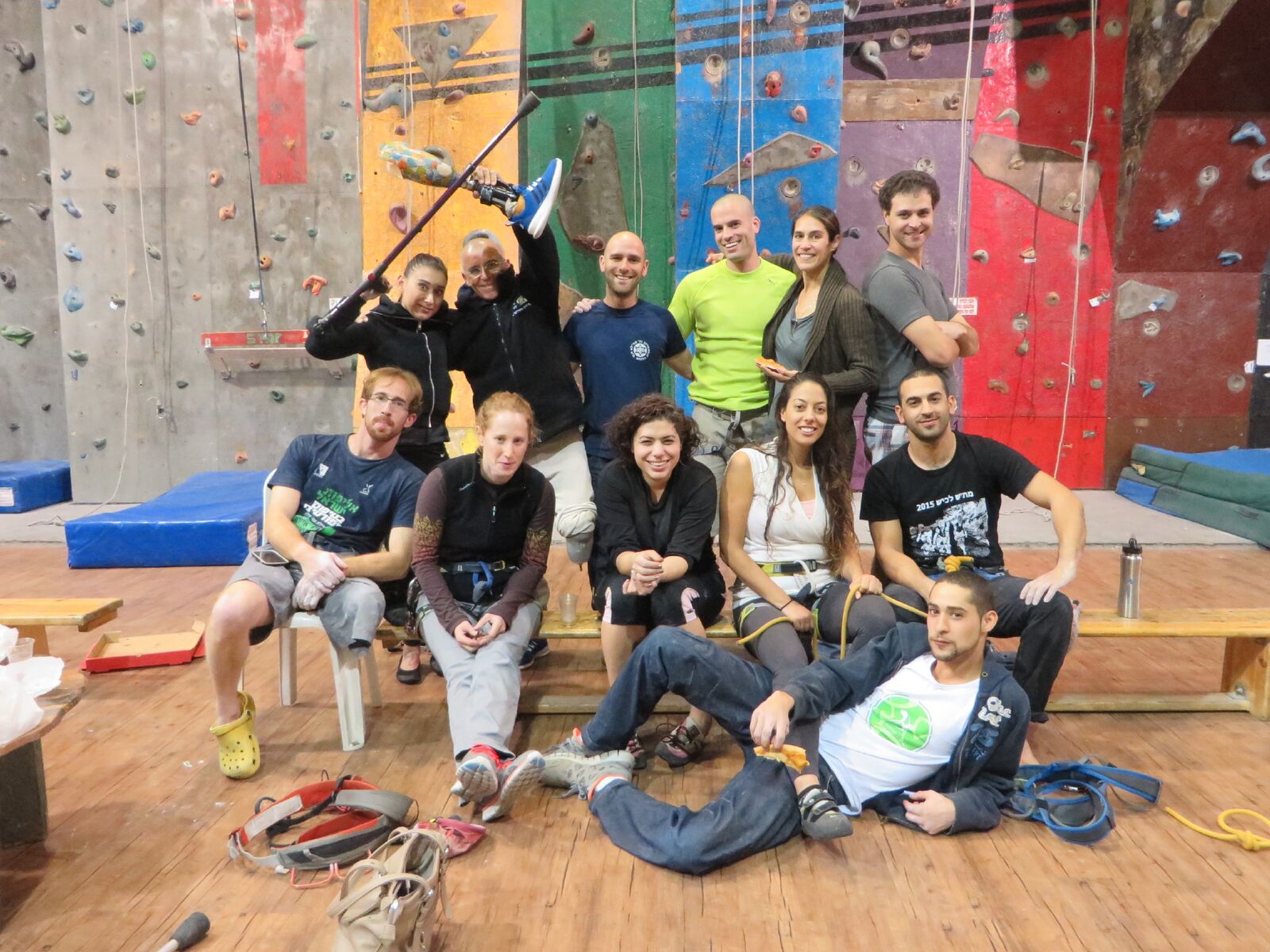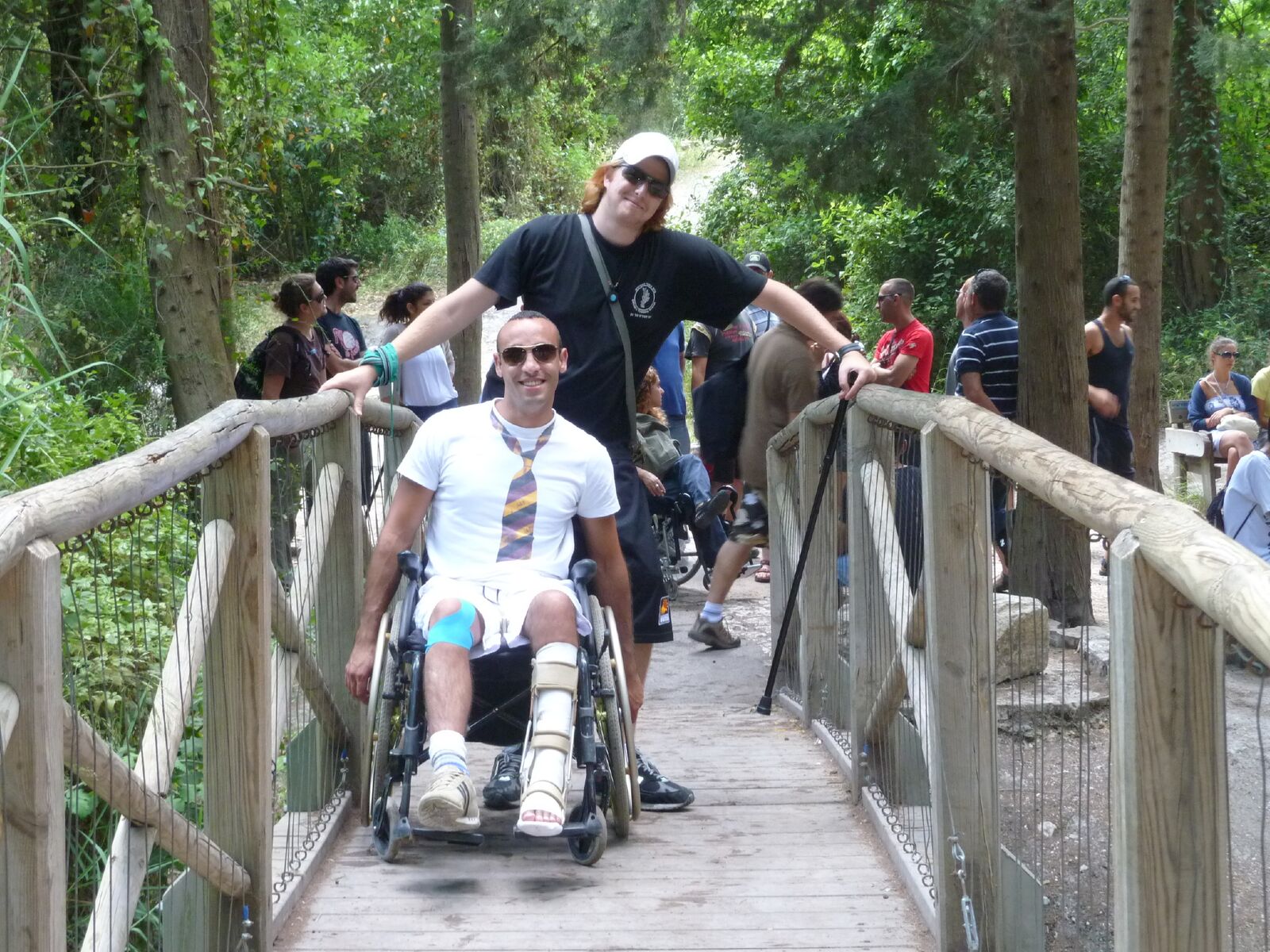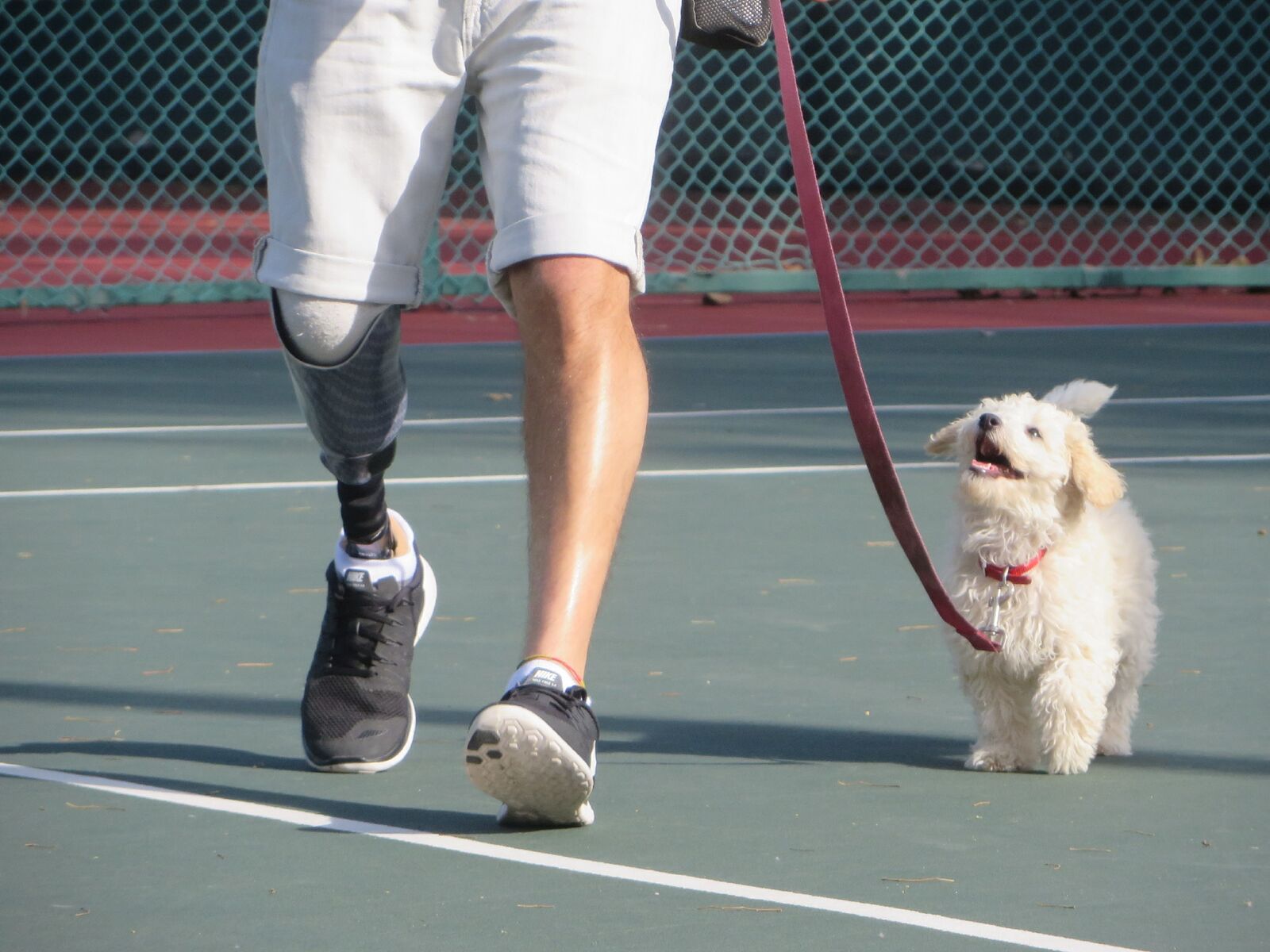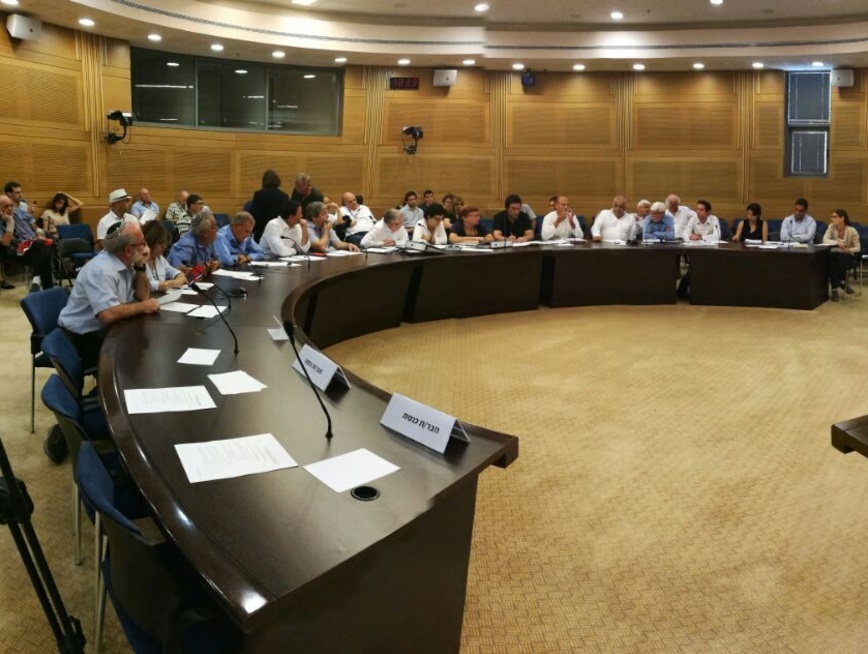NACHRICHTEN UND MEDIEN
Six Day War veterans raising funds to build rehab facility for disabled soldiers
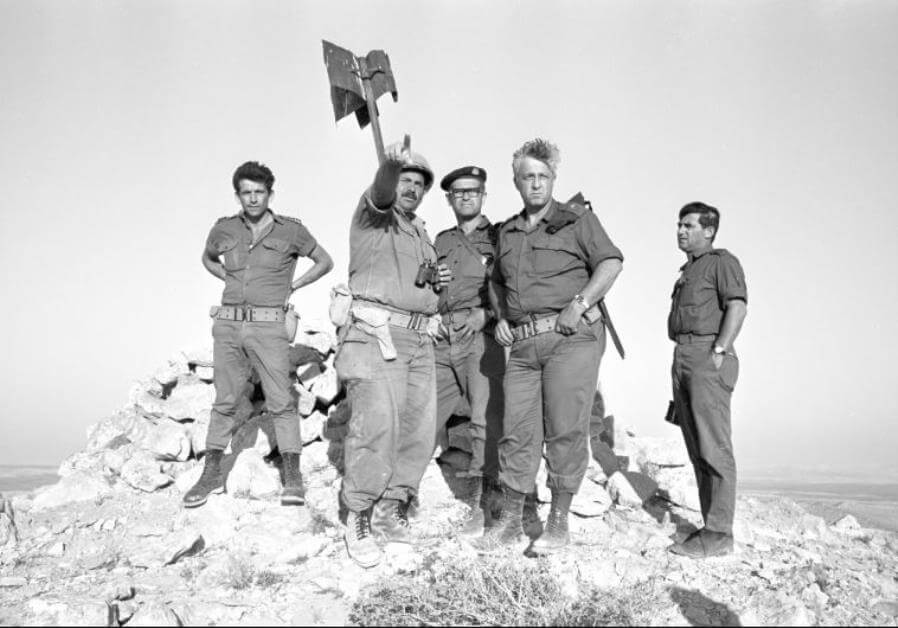
There is a select group of soldiers in the history of Israel’s ongoing existential struggle who either gave their lives or became disabled fighting to ensure its survival. The mission of the Zahal Disabled Veterans Organization is to rehabilitate and help return the nation’s tens of thousands of wounded soldiers to a stable, fruitful life.
Posted In: 11/05/17 Daniel K. Eisenbud / JPOST
ZDVO was established in 1949 and first provided care to the 6,000 soldiers wounded in the 1948 War of Independence.
Today, the nonprofit group comprehensively treats 51,000 disabled soldiers who fought in every war and conflict since then, at its four facilities in Jerusalem, Tel Aviv, Haifa and Beersheba.
As the 50th anniversary of the Six Day War fast approaches, Dr. Moshe Shemma, executive director of the Zahal Disabled Veterans Fund, said the organization needs to raise $20 million to build a much-needed fifth facility on the shores of Ashdod.
“The State of Israel, with its many challenges and its limited resources, cannot cope with the many needs of the disabled veterans in their long, rehabilitation process,” lamented Shemma on Wednesday. “To be able to raise the necessary funds to answer these needs, the Zahal Disabled Veterans Fund was established.
“In our vision, we wish to give each and every disabled veteran and injured soldier the necessary skills to be able to return to a normal life as much as possible by helping each one of them go to university, find a job, and a wife or husband, just like anyone else.”
ZDVO provides the best chance possible to do just that, Shemma said.
“Here they get all the treatment, training and rehabilitation that they need to achieve these goals,” he said.
However, Shemma said, the price to do so is not cheap.
Indeed, he said it costs $27 million annually to simply maintain the organization.
“What I want to emphasize is that, in order to build the fifth facility in Ashdod and run the other four, we need a lot of money from donors,” he said. “As far as we’re concerned, each soldier is with us until they turn 120. So to care for them, a major part of our resources comes from donations from Jews in the Diaspora.”
Shemma cited US, Canadian and British Jews as the most viable and generous donors the organization has worked with.
“We have a circle of friends all around the world, especially in the US, Canada and England, to help our disabled veterans who have been on the front lines to ensure Israel remains protected and free,” he said. “Now we need them more than ever.”
One veteran who has benefited from ZDVO’s ongoing services is Aaron Ettinger, 78, who was shot in the chest and critically wounded while fighting in a paratrooper brigade during the battle for the Western Wall in the Six Day War.
That wound necessitated five major surgeries and required a 74-day hospitalization, followed by years of physical therapy that cost hundreds of thousands of shekels.
ZDVO, Ettinger said, not only saved his life, but helped him live one of great fulfillment.
“I went through great suffering that is also filled with tremendous joy,” he said.
“Because of the help I got from this organization, I survived. And today I have a large and very beautiful family that includes my grandchildren.”
Aliz Noy, 72, of Ramat HaSharon, lost his right leg during the war that reunified the capital. Noy was wounded while preventing Jordanian forces from entering the city.
“If that tank brigade had succeeded in reaching the city, the entire balance of power would have changed,” recounted Noy. “Despite my injury, in the end, the enemy brigade retreated and the mission was successfully completed.”
Noy, who was saved by a paramedic, recalled the unbearable pain he endured before and after his leg was amputated below the knee.
“You cannot imagine how devastating such a mortal blow is to a 22-year-old man,” he said. “And no one prepared me or my friends for this kind of situation. At first, we simply did not know what to do.”
Through ZDVO, Noy said he became empowered after meeting a veteran of the War of Independence who also lost a leg.
“One day, a nice man came into my room with his wife and told me that he had lost his leg in the War of Independence,” he said. “But I saw that he was walking normally.“
“He told me that he had no limitations in his life. He told me about the sports and training activities and competitions ZDVO provided disabled veterans, including swimming, volleyball and table tennis, which I loved.”
“The meeting with that wonderful couple revealed the light at the end of the tunnel and sparked new hopes in my heart,” Noy said.
“When he and his wife left the room, I said: ‘Goodbye friends. See you at the next Olympics.’”

